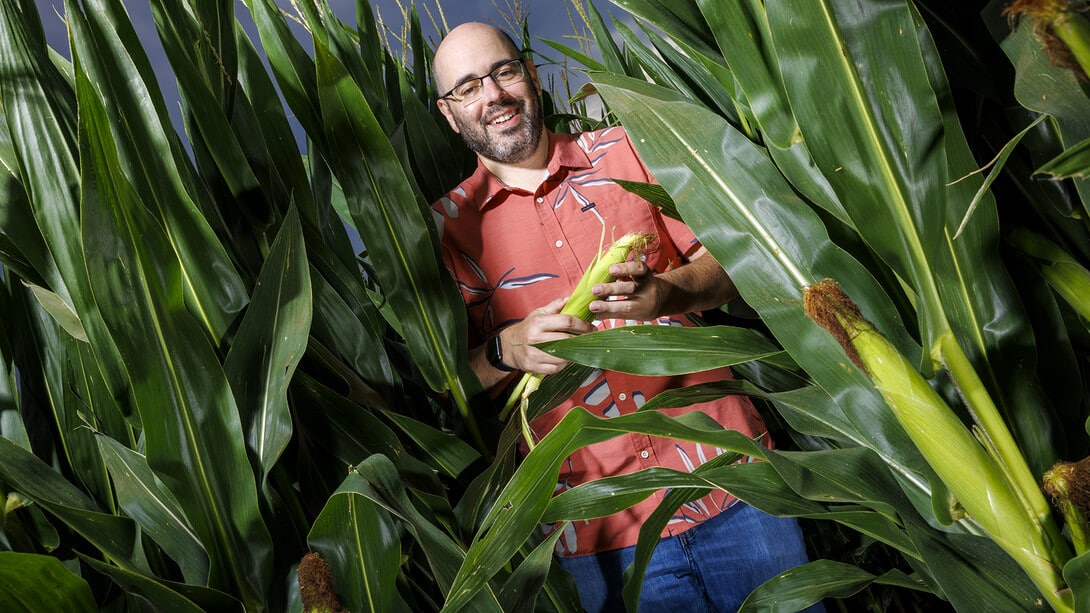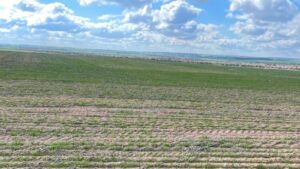GreenLight Biosciences and Queensland University of Technology (QUT) researchers have announced an agreement to create a solution for fall armyworm, a pest that causes over $2 billion in global crop loss annually, according to a release.
Fall armyworm’s harmful reach extends past the U.S. and Australia, and impacts crops across the globe. A study on the effects of fall armyworm in eastern Zimbabwe found that almost 12% of crops are lost each year due to the infestation.
The Australian government has granted QUT over AUD$400,000 from the Australian Research Council in support of the partnership. The collaboration joins two teams headed by QUT Centre for Agriculture and Bioeconomy’s Julia Bally and Peter Waterhouse and GreenLight’s Plant Health research and development team.
Through this partnership, researchers hope to create a solution for the pest. The project also offers environmentally friendly crop protection tools to fight fall armyworm.
“Fall armyworm has recently invaded Australia and devastates many crops, including sorghum and cotton. Our RNA platform allows us to develop solutions faster and more efficiently than was previously possible,” said Ron Flannagan, GreenLight’s vice president of plant health R&D. “So, we are delighted to partner with QUT to accelerate our work targeting the fall armyworm with a sustainable solution.”
GreenLight’s plant health division continues to work on developing RNA-based solutions for various fungi and insects that are the source of annual major food loss and crop damage. In GreenLight’s lab tests and field trials, the RNA-based solutions left little to no residues.
“We are excited to work with GreenLight Biosciences on this solution to armyworm,” said Bally. “We believe furthering our partnership will generate comprehensive new technologies to fight against one of the most damaging global crop pests and greatly improve Australian agritech capacity and strengthen international collaborations.”
The project will start with lab studies and will then move towards greenhouse and field trials.
“We believe this research will provide significant benefits, such as added security for Australia’s most important agricultural crops and regions and global food production,” concluded Bally.
Read More:
CIMMYT and GOAL Team Up To Help Farmers In Zimbabwe Fight Fall Armyworm
Status Ghana: Armyworm Infestation Loss
Farmers Join Forces with Seed Sector to Combat Climate Change













